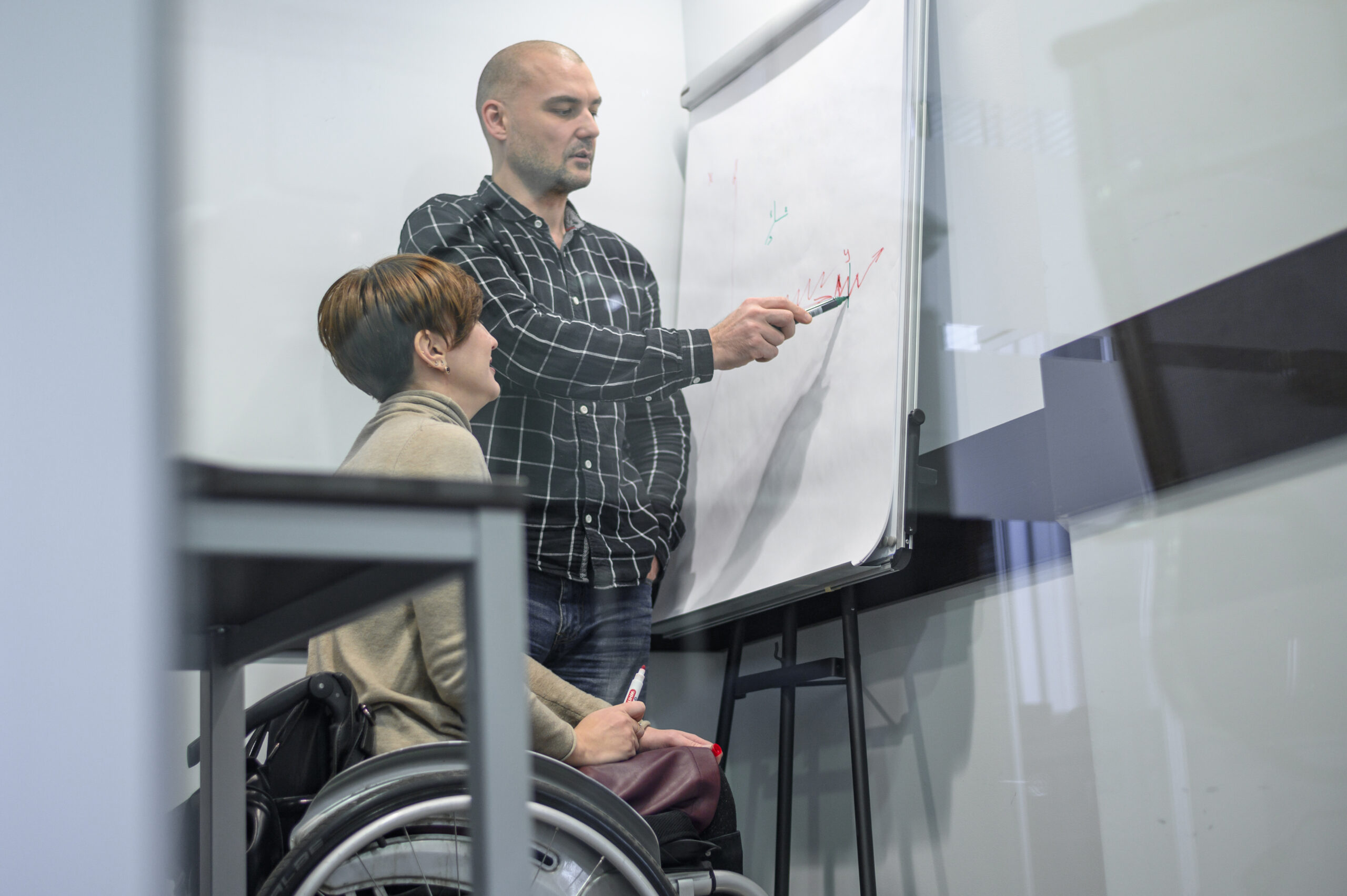
The early years of a child’s life are crucial for cognitive, emotional, and social development. However, some children face unique challenges in their developmental journey, struggling with basic skills like reading, writing, or processing information. These difficulties are not necessarily due to a lack of intelligence or effort but often stem from underlying learning disabilities.
According to the Learning Disabilities Association of America, nearly one in five children in the U.S. has a learning disability, yet many remain undiagnosed until later stages of schooling. These disorders can impact a child’s academic progress, self-esteem, and ability to socialize, making early intervention vital. Understanding learning disabilities and seeking counselling for learning disability can help children overcome these challenges and build a strong foundation for future success.
What are learning disabilities?
Learning disabilities are neurological disorders that affect the brain’s ability to receive, process, store, and respond to information. These conditions are lifelong but can be managed effectively with proper intervention. Some common types of learning disabilities include:
1. Dyslexia – Affects reading, spelling, and writing skills. Children with dyslexia may have difficulty recognizing words, reading fluently, or comprehending text.
2. Dyscalculia – Impairs mathematical ability. Children struggle with number sense, calculations, and problem-solving in mathematics.
3. Dysgraphia – Affects writing abilities. Children may struggle with handwriting, spacing letters, or organizing thoughts on paper.
4. Auditory Processing Disorder (APD) – Impacts the ability to process sounds and understand spoken language, making it hard to follow verbal instructions.
5. Attention Deficit Hyperactivity Disorder (ADHD) – While not a learning disability itself, ADHD often coexists with learning disabilities, causing difficulties in concentration, impulse control, and organization.
These learning challenges, if left unaddressed, can significantly impact a child’s self-confidence and academic growth. This is why early therapy for learning disabilities is essential to help children develop coping strategies and learning techniques tailored to their needs.
How therapy helps in addressing learning disabilities
Therapy plays a crucial role in managing learning disabilities by equipping children with skills to overcome their difficulties and thrive academically and socially. Early identification is key to effective intervention. Here are the following ways in which therapy plays a crucial role:
1. Individualized learning strategies
A therapist for learning disability creates personalized learning plans that cater to a child’s specific needs. These strategies involve multisensory teaching methods, phonics-based reading programs, and structured problem-solving exercises to enhance cognitive abilities.
2. Improves cognitive and motor skills
Occupational therapy helps improve fine motor skills, which are essential for writing and hand-eye coordination. Therapists also introduce cognitive exercises that enhance memory retention, attention span, and information processing.
3. Behavioural therapy for emotional well-being
Learning disabilities often lead to frustration, anxiety, and low self-esteem. A psychologist for learning disability provides emotional support, helping children build resilience, develop self-confidence, and cope with academic pressure effectively.
4. Enhances communication and social skills
Many children with learning disabilities struggle with communication. Speech therapy helps them articulate thoughts clearly, improving verbal expression and social interaction skills, which are crucial for peer relationships and classroom participation.
5. Parental guidance and support
Therapy doesn’t just focus on the child but also educates parents on how to support their child’s learning process. Therapists provide guidance on effective teaching techniques, homework assistance, and creating a positive learning environment at home.
Why must you seek services from Kaleidoscope ?
Finding the right support system is crucial for a child dealing with learning disabilities. Kaleidoscope is a trusted name in child development and counselling for learning disability, offering specialized therapy programs tailored to individual needs.
Our team comprises of highly trained learning disability therapists and psychologists who specialize in diagnosing and managing learning difficulties with evidence-based approaches. We provide thorough assessments to identify specific learning disabilities and develop customized therapy plans for each child.
No two children are the same, and neither are their learning needs. Recognizing the signs early and seeking professional help from a learning disability psychologist can make a world of difference in a child’s life.
At Kaleidoscope, we offer therapy sessions which are tailored to address each child’s unique challenges, ensuring effective learning strategies and long-term progress. Our clinic incorporates the latest educational technology, interactive learning tools, and hands-on activities to make learning engaging and accessible for children with learning disabilities.
Kaleidoscope is dedicated to empowering children by providing specialized psychotherapy for learning disabilities, ensuring they gain the skills, confidence, and independence needed for a bright future. If your child is facing challenges in learning, don’t wait—early intervention is the key to unlocking their full potential.
If you are interested to know more about the services offered at Kaleidoscope, you can visit our official website and book a session with our therapist today!